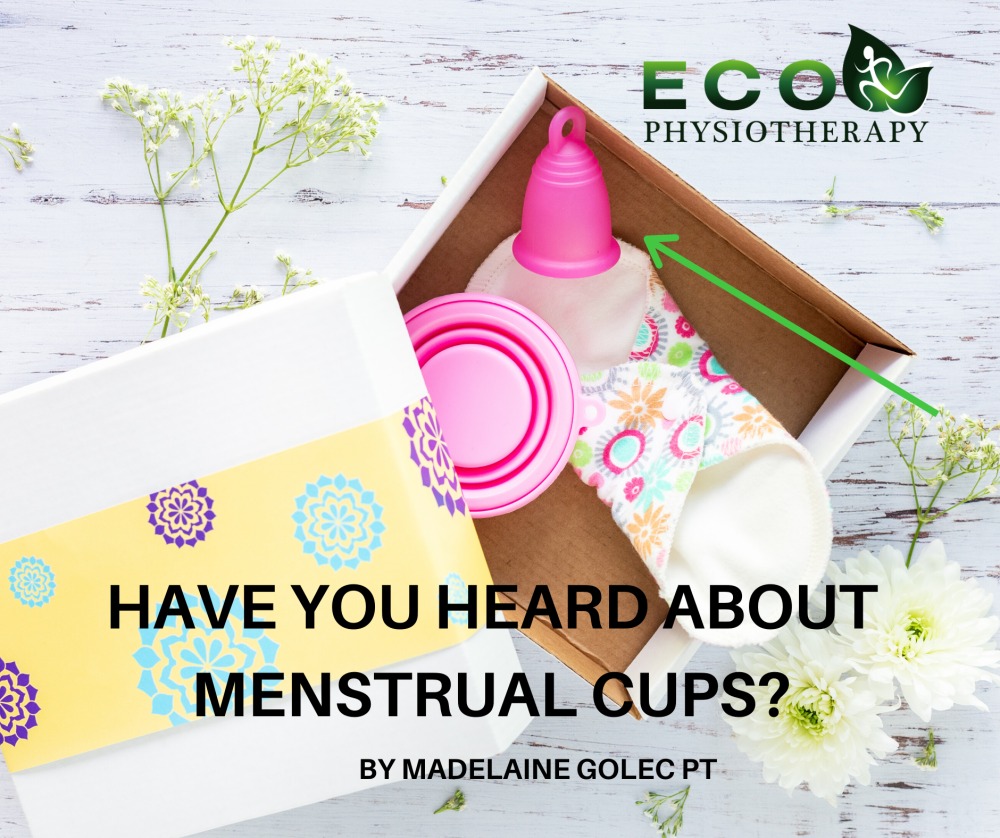
The most popular is the DivaCup which is an alternative menstrual product to tampons and pads. It is a silicone cup that you insert into the vagina that collects blood. The DivaCup is 100% plastic-free, BPH free and odorless. The great part is that you can wear it anywhere, anytime and typically for much longer than a pad or tampon.
The DivaCup comes in 2 sizes: one size for women older than 30 years olds and/or had children and a smaller size for younger women and women with no children.
Below are my personal pros/cons to using this type of menstrual product.
Pros
- Eco-Friendly: You use it, wash it, and re-use it. There are no plastic wrappers to dispose of and no waste is produced other than the original packaging.
- It is cost effective. It is a one time purchase, or you may by a 2nd size after a baby.
- Longer wear time: Pads and tampon have a limit on how long you can wear them.
- Water friendly: you can have more confidence in the water.
- Great for travel: less to pack, don’t have to worry about running out of products.
Cons
- Cleaning: if you are the type of person affected by blood, cleaning this product may be challenging for you.
- Getting the cup in properly. There is a learning curve to using the product. I recommend this instructional video to help https://divacup.com/insertion/
- Pain: if you find tampons uncomfortable, the diva cup may be uncomfortable for you. You have to fold it to get it inside and then it expands open once inside.
- Trouble pulling it out. I have read/heard some women find it difficult to pull out because the tab is small to pull on. I don’t find the diva cup difficult to remove, but others do.
- Leaking: It is important to get a good seal. The instructional video above shows you how. You do not have to get the Diva Cup deep inside, this is a common misconception. It needs to seal off the entrance.
- Diva cup falls out. The DivaCup should not fall out. If it does this could be a sign of pelvic floor weakness and I would suggest an assessment with a pelvic floor physiotherapist.
Another great resource is www.putacupinit.com which will compare various types of menstrual cups so that you can find one that is right for you.
Have you heard of menstrual cups?
